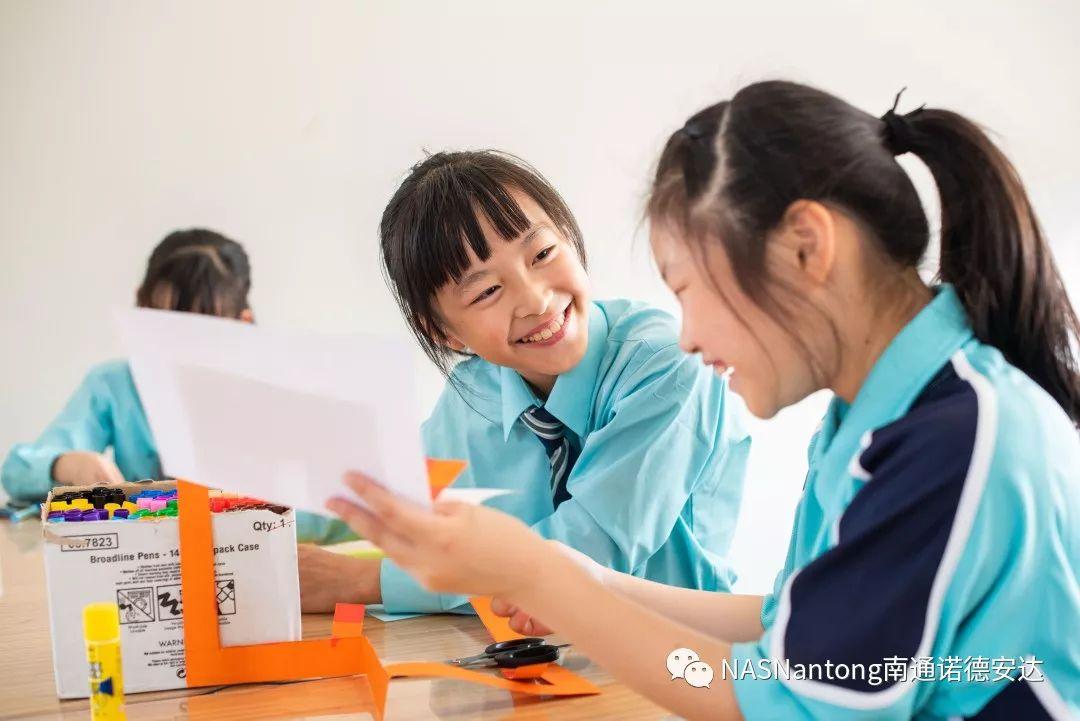
超越自我
英国电影制片人、联合国儿童基金会大使兼教育家 David Puttnam 勋爵分享了他童年时代的经历,以及他在成长过程中所面临的问题。作为诺德安达教育咨询委员会的主席,Puttnam 勋爵设想了一种未来教育模式。可以鼓励学生实现超越自我预期的目标。

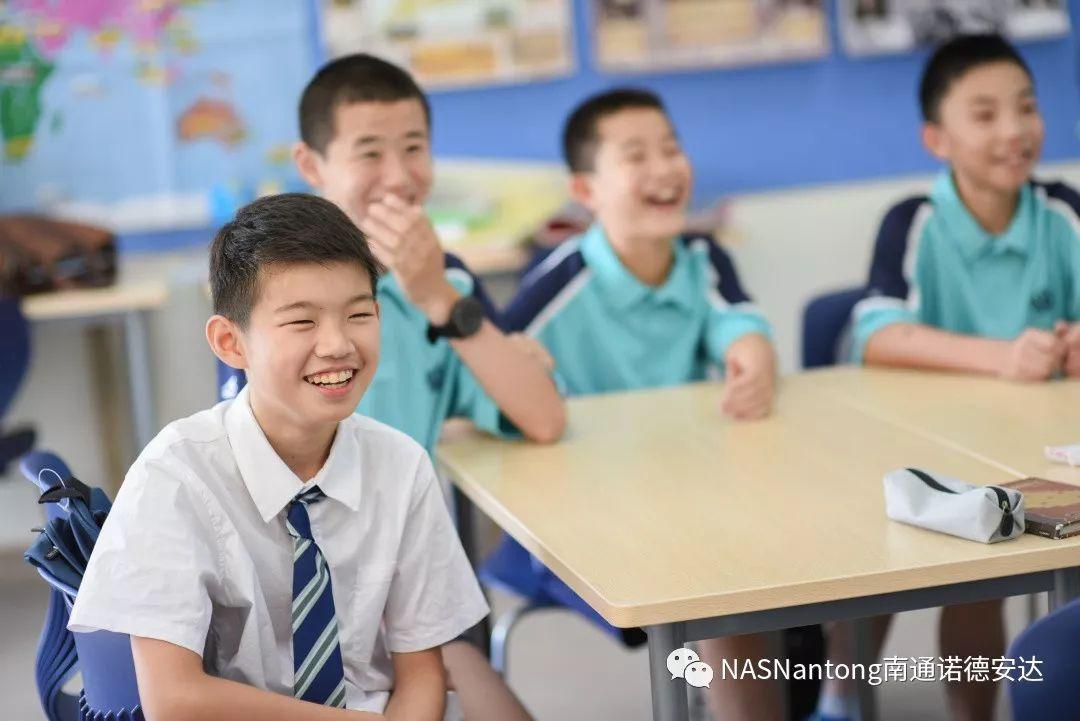
如何在学校中成为卓越不凡的学生
有时候做一名学生并不容易。每一天,这些年轻的孩子们都面临着许多挑战,比如要应对班级里与老师和同学之间的交往,要满足望子成龙的父母和老师的期望,要理解新的学术概念,还要通过错综复杂的各类信息把握未来的发展方向。成为一名卓越不凡的学生更是难上加难。但是,我相信这是可以实现的,如果所有要素都具备,家长、老师,当然还有学生自己就可以实现这一目标。
我在学校的经历既不特殊,也不具挑战性。11 岁时,我获得了当地文法学校的奖学金,我的父母倍感欣慰和骄傲。
我在开学第一天就渴望给人留下深刻的印象,一心想要获得成功。然而,我的老师没有对这种热情做出反应,并且很快否定了我的能力,早早做出结论 - 我“不是念大学的材料”。随着时间的推移,我陷入了一种无聊的麻木状态,直到五年后当我拿到了一份非常普通的证书时,才真正摆脱了那种状态,期间我没有听到过一句有建设性的鼓励的话。我意识到,我的这种经历是成千上万、乃至数百万的学生的真实写照,也是这种经历一直推动着我在职业生涯道路上,特别是在提高教育工作的质量、声誉和相关性方面坚持走下去。
我们对自己的期望很早就形成了,但却总会收到“你不行”的反馈。所以,我一直在努力帮助那些在周围的冷漠态度中,努力寻找足够的自信的学生。如果我们能不断改善并更新传授、运用和看待知识的方式,就可以在人生中最重要的成长时刻,也就是在他们接受教育的过程中,帮助这些年轻人。
那么,学生该如何在学校环境中成就卓越不凡的自己?
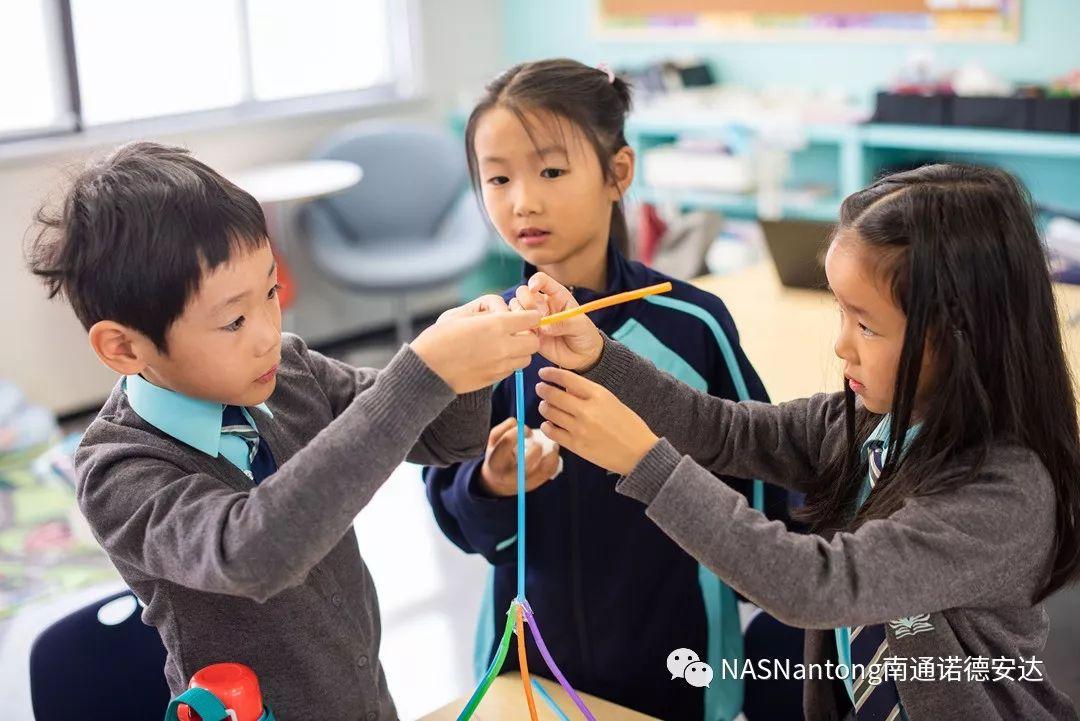

学生自己必须做决定,“我未来想成为建筑师或设计师吗?或者我是否应该让别人为我做决定?为我做决定的那些人可能毫无趣味,而且很可能跟我的价值观不同,根本不理解我,甚至不知道我在乎什么。”
换句话说,年轻人必须掌握追求知识的主动权,和那些经常互相鼓励并具有相同好奇心的朋友聚在一起,不断突破自己原有的思维。合适的朋友们在一起可以相互支持,在学校学习中彼此激励实现最优秀的自我。

一系列细致入微的观察结果将从不同角度进一步论证这一观点 - 学生应尽可能阅读适合自己的书籍、质疑自己所掌握的知识及这些知识的来源并询问为什么相信自己的所作所为。当学生与其他类似的“积极”参与者在校内以及更广阔的校外世界共事时,这种批判性思维可帮助他们从社会、文化和实用性等角度理解彼此。

诺德安达学校的“全球校园”平台为学生提供了一个探索未知世界的绝佳机会。全球校园连接了诺德安达教育集团全球56所姐妹学校,学生在日常的学习中能够拓宽视野,并有助于培养大学和职业生涯所需的宝贵技能。同样,诺德安达有能力为学生提供与专家学习的机会,这对学生而言十分有益。儿童身边的人群,包括他们的父母和其他榜样,在增强学生与生俱来的求知欲以及鼓励他们提问方面起着重要作用。我就是这样的一个幸运儿,父母对我始终予以坚定的信任和支持。在这方面,我想说我是个相对罕见的个例。我们的认同感和发展能力是由我们所学的文化知识塑造的,而这些知识首先来自我们的父母,其次是老师。

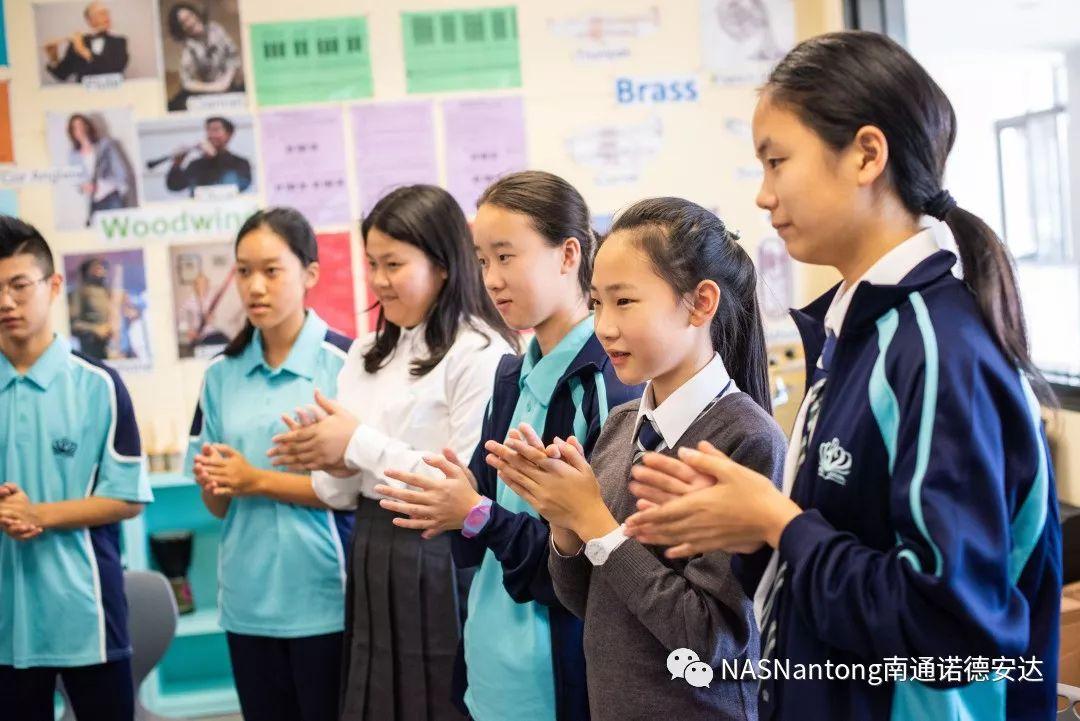
因此,这个问题或许不应该是‘如何成为一个非凡的学生’,而是‘如何成为一所不平凡的学校’。这就促使教育者、领导者、决策者和孩子家长去思考如何变得更好。帮助学生的其中一种方法就是拥抱最新的数字化学习技术,充分利用其隐藏的巨大力量。
我们需要并且培养了一批训练有素、高度自信的教育工作者,他们不仅能适应数字化为社会生活带来的影响,而且还能敏锐洞悉数字化潜在的全新而巨大的挑战。这些人代表了最具希望的中坚力量,我们可以依靠他们构建可持续发展甚至是成功的 21 世纪社会。
我们必须将数字化技术看作一场‘变革’,这不仅仅是因为它是一种有用的附加产物,而是因为这种技术已经从根本上彻底改变了年轻一代及其教师的日常生活方式。如能做到这一点,或许我们就已经找到将平凡变成非凡的催化剂。
识别二维码,关注我们
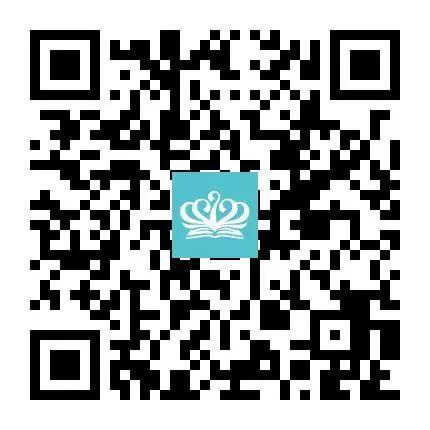
You want your child to excel,
so do we!
为了孩子出色的明天,
我们与您同行!
联系我们
联系老师:赵老师
联系电话:0513-89183800
联系邮箱:info.nantong@nacis.cn
学校官网:www.nasnantong.cn
学校地址:江苏省南通市苏通科技产业园区江成路99号
办公室地址:江苏省南通市苏通科技产业园区江成路中奥合作中心
学校官方微博:NASNantong南通诺德安达

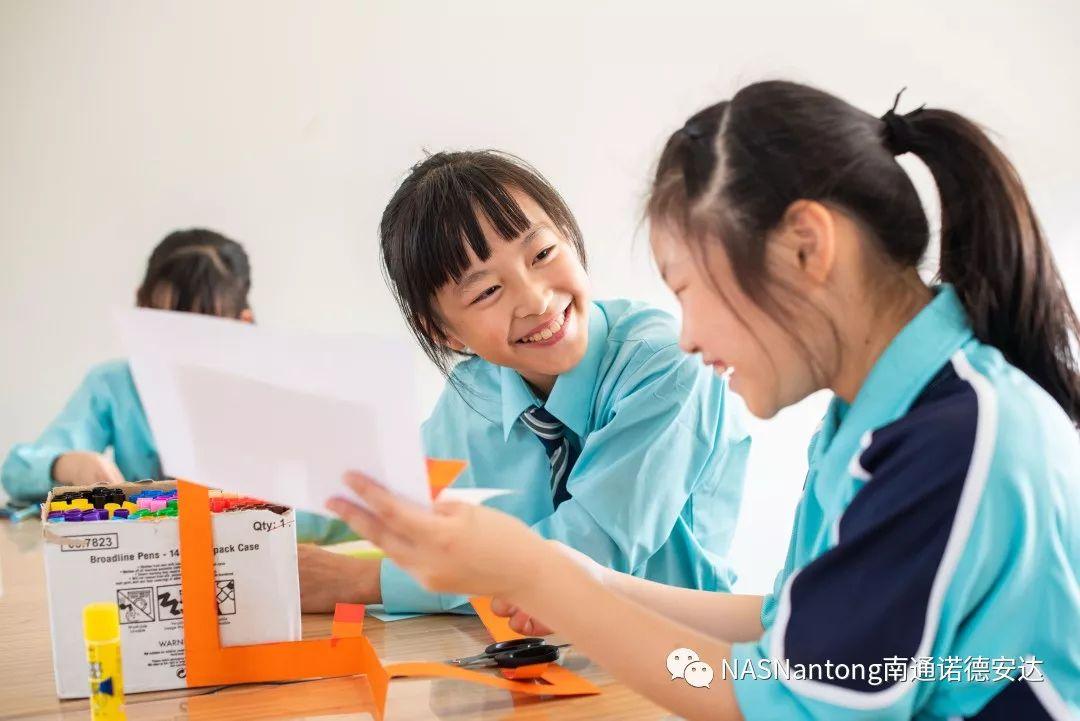
British film producer, UNICEF ambassador and educator, Lord David Puttnam shares personal insights from his childhood and the problems he faced with traditional schooling growing up. As Chairman of Nord Anglia's Education Advisory Board, Lord Puttnam envisions an education which encourages students to achieve more than they may have thought possible.


Being a student can sometimes be difficult. Each day, young people are met with a host of challenges, whether it is navigating the social landscape of the teenage classroom, meeting the expectations of aspirational parents and teachers, understanding new academic concepts or steering a course through the labyrinth of contemporary social media. Being an extraordinary student is even more difficult, and indeed rare. But, I believe it is achievable – a goal that teachers, parents and (of course!) students themselves, can realize if the ingredients are right.
My own experience at school was neither extraordinary nor challenging. At age 11, I was awarded a scholarship to my local grammar school, much to the relief and pride of my parents. I turned up on my first day eager to impress, with every intention of being a success. However, my teachers failed to respond to this enthusiasm and quickly dismissed my capabilities, concluding rather early on that I was ‘not university material’. As the days and months progressed, I sank into a form of bored stupor that would only lift five years later, when I collected a very modest certificate and literally fled – without having ever receThis experience – and my realisation that it must have been mirrored by those of thousands, possibly millions, of other students – has been a driving force behind most of my career, particularly my work in improving the quality, the reputation and the relevance of education.
Our expectations of ourselves are formed very early on – frequently to be reflected back later in the form of ‘underachievement’. So, I’ve sought to help those many students who’ve struggled to find sufficient self-belief when surrounded by indifference. If we focus on improving (and constantly updating) the way knowledge is imparted, consumed, and valued, we can help these young people during the most formative moment of their lives – their education.
So, how can students be extraordinary in any educational setting?


Firstly, the students themselves have to decide – “do I wish to be the architect or designer of my own future – or am I going to allow myself to be the victim of decisions made by others; people who may be a lot less interesting, and who – quite possibly, don’t share, or even understand many of my values – the things that really matter to me”.
In other words, it is vital for young people to take ownership of their own pursuit of knowledge, to surround themselves with friends who encourage and share their curiosity, and to challenge how they think. The right friends can support and even inspire the very best in each other’s school work.

This will be further facilitated by a diet of thoughtful observations, from differing viewpoints – students should read what they can, when they can; question what they know, and where their knowledge comes from; and, ask why they believe what they do. Such critical thought will supply the type of understanding needed to participate, socially, culturally – and usefully, with other similarly ‘engaged’ people, in school and the wider world beyond.

From this point of view, Nord Anglia’s Global Campus initiative offers its students a wonderful opportunity to explore a world beyond the local and familiar. By collaborating with other schools across the globe, the programme expands horizons and helps to develop valuable skills needed for university and professional life. Similarly, Nord Anglia’s ability to offer students an opportunity to work with experts is a hugely beneficial. Members of a young person’s community – be it their parents or other role models – have an important role to play in supporting students’ innate inquisitiveness and encouraging them to ask questions. I was one of those fortunate kids who, as a result of being blessed with parents who never wavered in their belief and support, felt unprepared to accept the fate my school had consigned me to. In that, I would suggest, I was a comparative rarity. Our sense of identity, and capacity to develop, is formed from the cultural knowledge we learn, first from our parents, then from teachers.


Perhaps the question should therefore not be ‘how to be an extraordinary student’, but instead, ‘how not to be an ordinary school’. The impetus is on us – the educators, leaders, policy-makers and families of these kids – to ask how we can be better. One way to help students is to embrace the immense power of the most recent digital learning technologies.
We desperately need a generation of well trained and confident education professionals, comfortable with the implications of living in a digital society, but also keenly aware of the huge new challenges it’s likely to bring. People like this represent the most promising foundation upon which we can build a sustainable and even a successful society in the 21st century.
We have to bring ourselves to see digital technology as 'transformative', not simply as some kind of useful 'add-on', but as something that's already fundamentally changed the nature of the way in which young people, and indeed their teachers, go about their daily lives. If we can do this, we may well have found the catalyst needed to turn the ordinary into the extraordinary.
识别二维码,关注我们

You want your child to excel,
so do we!
为了孩子出色的明天,
我们与您同行!
联系我们
联系老师:赵老师
联系电话:0513-89183800
联系邮箱:info.nantong@nacis.cn
学校官网:www.nasnantong.cn
学校地址:江苏省南通市苏通科技产业园区江成路99号
办公室地址:江苏省南通市苏通科技产业园区江成路中奥合作中心
学校官方微博:NASNantong南通诺德安达


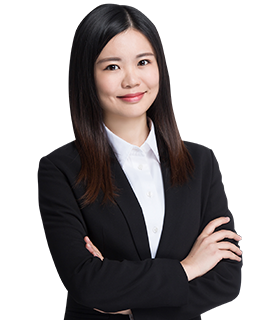







 沪公网安备 31010502004453号
沪公网安备 31010502004453号





 成功提交后我们将尽快与您联系,请注意来电!
成功提交后我们将尽快与您联系,请注意来电!







 成功提交后我们将尽快与您联系,请注意来电!
成功提交后我们将尽快与您联系,请注意来电!


